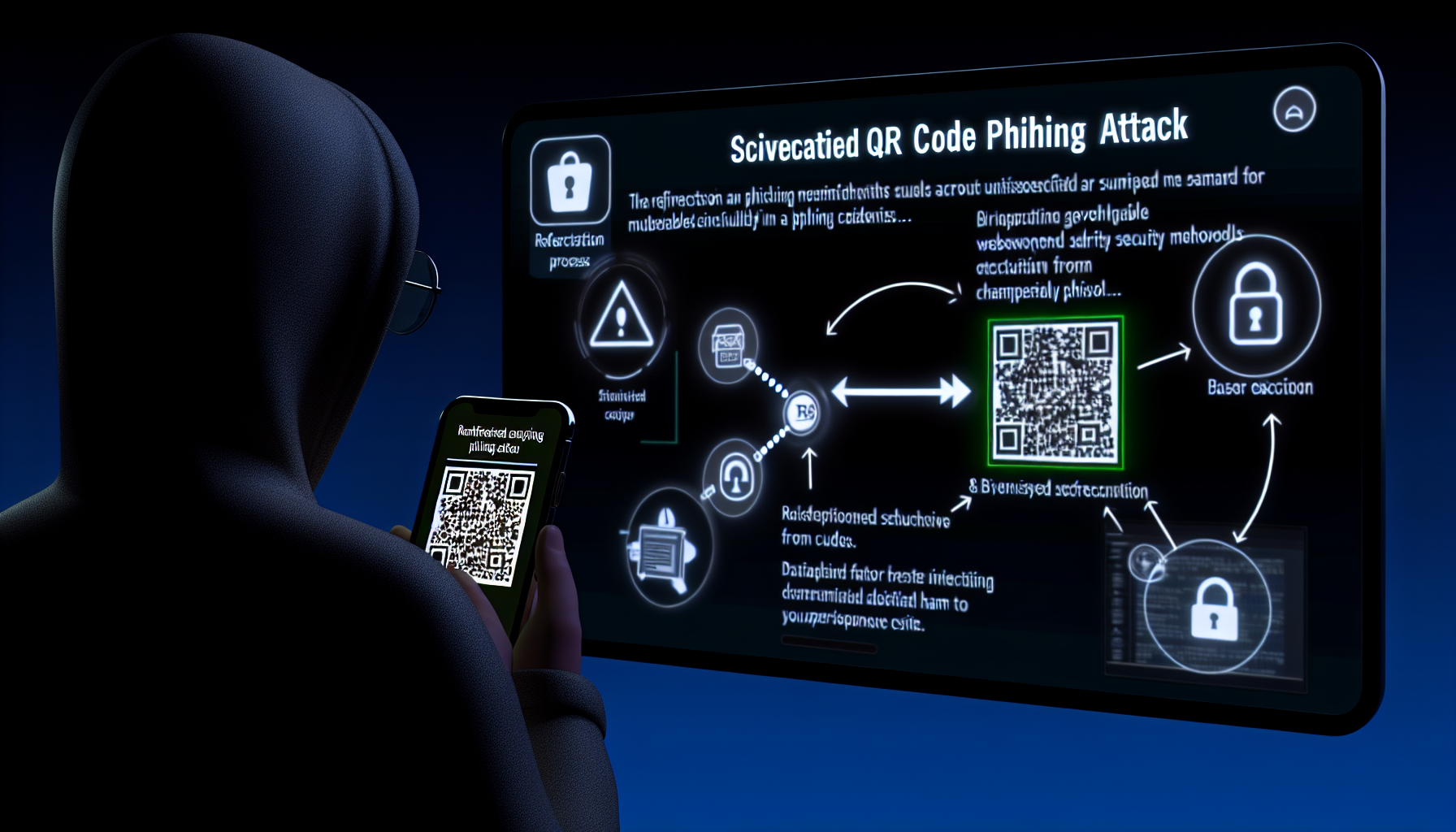Threat Overview
The Security Operations Center (SOC) has received a critical threat report from AlienVault, published on May 14, 2025. The report highlights a severe zero-day vulnerability, identified as CVE-2025-32756, affecting multiple Fortinet products, including FortiVoice. This vulnerability is actively being exploited in the wild and poses significant risks to organizations using affected systems.
The vulnerability in question is a stack-based buffer overflow that allows for remote code execution without requiring authentication. Attackers exploiting this flaw can gain full control of compromised systems, access sensitive data, and potentially pivot to other internal networks. The root cause of the vulnerability lies in an enabled fcgi (FastCGI) debugging option, which is not set by default.
Fortinet has promptly released patches to address this critical issue and strongly recommends immediate action from all affected users. Detection methods for identifying potential exploitation include checking for the enabled fcgi debugging option and monitoring specific log entries that may indicate malicious activity.
Threat Actor Activity
The threat actors behind these exploits have been observed engaging in several malicious activities:
- Conducting network scans to identify vulnerable systems.
- Deleting crash logs to cover their tracks and avoid detection.
- Enabling FCGI debugging to capture credentials and gain unauthorized access.
These tactics, techniques, and procedures (TTPs) highlight the sophistication of the threat actors involved, emphasizing the need for robust security measures and vigilant monitoring.
Impact Assessment
The exploitation of CVE-2025-32756 can have severe consequences for affected organizations. Unauthorized access to sensitive data, disruption of critical services, and potential lateral movement within internal networks are among the primary risks. Organizations must prioritize patching vulnerable systems and implementing additional security controls to mitigate these threats.
Recommendations
To protect against this zero-day vulnerability and similar threats, the SOC recommends the following actions:
- Immediate Patching: Apply the patches provided by Fortinet for all affected products as soon as possible.
- Disable FCGI Debugging: Ensure that the fcgi debugging option is disabled on all systems to prevent exploitation of this vulnerability.
- Enhanced Monitoring: Implement monitoring for suspicious activities, such as network scans and unauthorized access attempts, to detect potential exploits early.
- Regular Audits: Conduct regular security audits to identify and remediate vulnerabilities in a timely manner.
- Employee Training: Educate employees about the risks associated with zero-day vulnerabilities and the importance of adhering to security best practices.
For more detailed information on CVE-2025-32756, refer to the following external references:
- TrueSec Blog: https://www.truesec.com/hub/blog/cve-2025-32756-fortivoice-zero-day-buffer-overflow-exploited
- AlienVault OTX Pulse: https://otx.alienvault.com/pulse/6824a0fede556d118cac2b22
By taking proactive measures and staying informed about emerging threats, organizations can significantly reduce their risk of falling victim to zero-day exploits like CVE-2025-32756. The SOC will continue to monitor the situation closely and provide updates as new information becomes available.
Discover more from ESSGroup
Subscribe to get the latest posts sent to your email.





